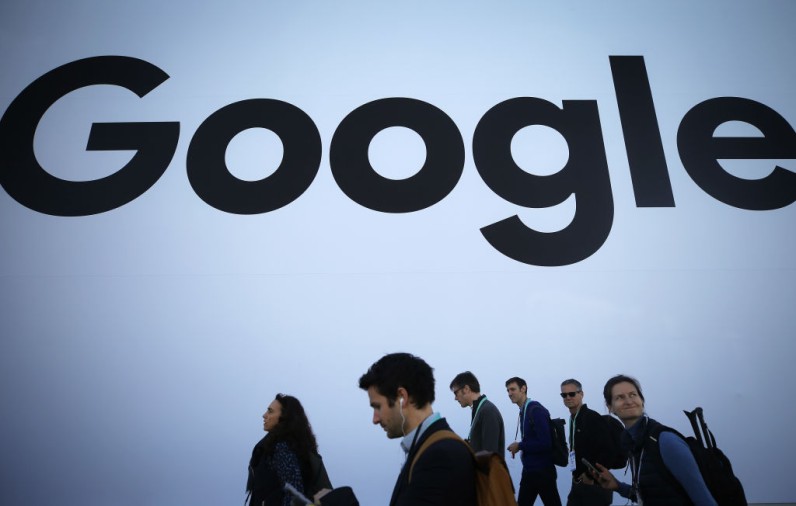
The US Department of Justice (DOJ) recently won a major case against Google, ruling that the tech giant broke antitrust laws by keeping its search engine as the default on devices through exclusive deals.
This decision could reshape how people find information online and open doors for new players in the search market.
1. Google Was Found to Be a Monopoly
According to Holland & Knight, after a 10-week trial, the court ruled in August 2024 that Google held an unfair advantage in both online search and search advertising.
The company used special agreements with phone makers and browsers to make Google the default search engine. This gave Google access to more user data, helping it improve results and stay ahead of rivals who couldn't compete.
2. New Search Tools Could Emerge
If Google is forced to loosen its grip, other search engines may have a better chance. Instead of relying only on links like traditional search, these newcomers could use AI to give more direct and helpful answers. This could mean more choices and better tools for users.
3. Online Ads May Look Different
Today, Google's search results often include paid ads. But with AI-driven search growing, ads might look more like helpful suggestions inside smart responses, Forbes said.
Businesses may need to rethink how they reach people online, moving away from paying just to appear at the top.
4. Privacy Is Still a Big Question
Although the court didn't base its ruling on privacy concerns, they were a big part of the case. The government's proposed fix would make Google share certain data with competitors.
But that raised worries. If not handled carefully, sharing this kind of data—even if names and emails are removed—could still risk people's privacy.
5. The Fix Is Complicated
The government wants Google to remove personal information before sharing data. But there's no clear rule on how to do this safely. Without strict oversight or user consent, people might not know how their data is being used—or shared. Experts worry there aren't enough safeguards in the current plan.
Looking Ahead
This ruling could change the way we search online. Google may no longer be the only big name in the game. With AI-powered tools rising and new rules taking shape, the future of search could be more open, smarter, and maybe even safer.
What comes next depends on how the court's decision is carried out—and how well privacy is protected along the way.







Join the Conversation